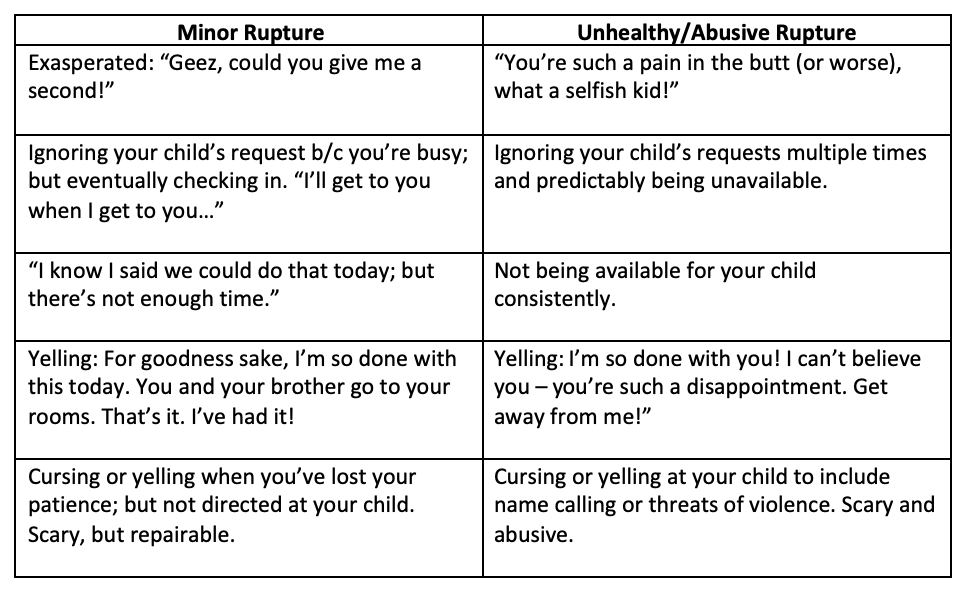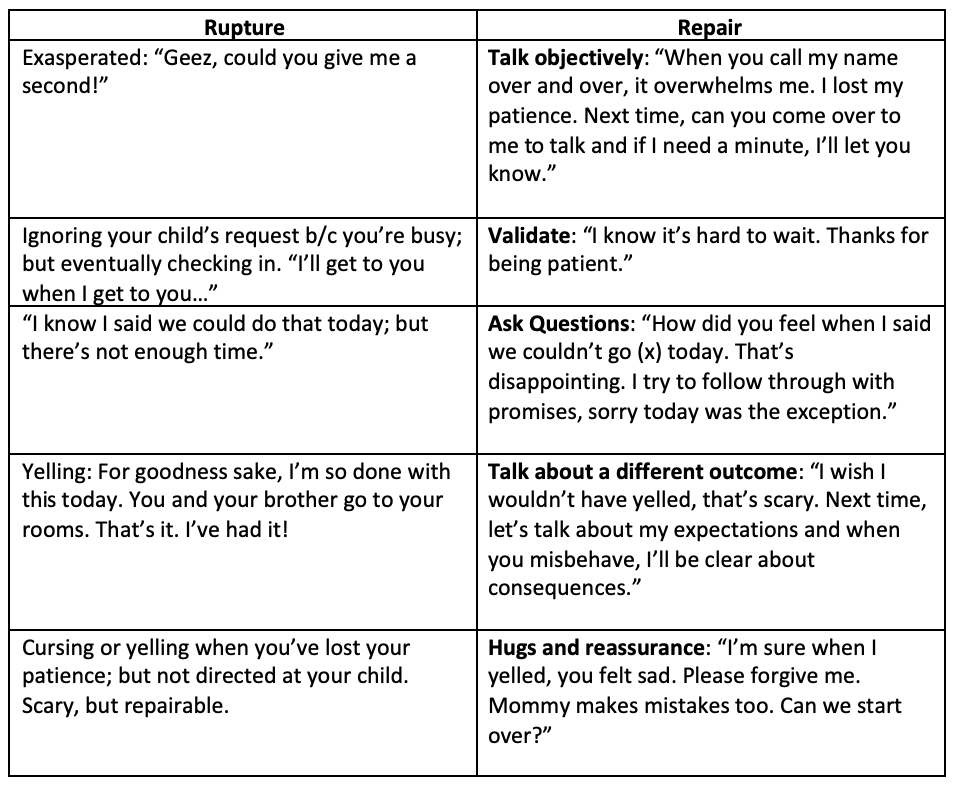
First of all, if you’re NEW to my blog, welcome! I’m glad you’re here!
Second, if you haven’t had a chance to watch last week’s Facebook live about how to identify your parenting style, check it out here – it was a huge hit! This week, I’ll be breaking it down more on Facebook, so stay tuned.
Next, keep the comments and emails coming – I truly love hearing from each of you! I’m going to incorporate all of your questions throughout this series but especially during Week Five – Reader Spotlights and Questions. That’s our next blog post, so keep them coming!!
OK, have you been doing your homework? I encourage you to review Week One and Week Two and begin thinking about discipline with our new reframing tool as well as the 5 goals to keep in mind around discipline. Next, read Week Three about how to identify parenting styles – I’m pretty clear about where I’d like you to land.
Before we move on to Reader Spotlights in our next blog of our series about positive discipline, I want to review a critical factor to all relationships: Ruptures and Repairs.
Ruptures
A relationship rupture occurs when one or both people in a relationship hurt, intentionally or not, the other person. It can be verbal or non-verbal. Relationship ruptures are normal. In fact, most psychologists believe that minor ruptures are a predictable part any relationship. Children, most often, experience ruptures from their primary caregivers. Children who experience minor ruptures with repairs go on to learn how to problem solve, learn from mistakes, and take accountability for their actions. Need more on this? Here’s a great article: https://www.seleni.org/advice-support/2018/3/14/the-gift-of-the-good-enough-mother
Here are some examples:
-
Not responding to them right away when they call out for us.
-
Raising our voice when we lose our temper.
-
Being exasperated at your child’s request and making it known.
-
Losing your patience with your child.
-
Refusing to play when your child would like to play with you.
-
Not responding to a request right away.
-
Refusing to accommodate them.
-
We roll our eyes, throw up our hands or walk away from our child.
When we “let our children down” in predictable ways and later repair, it actually builds resilience. Children learn to tolerate negative experiences and build positive relationships. Again, minor ruptures are a normal part of relationships.
Ruptures: What They Shouldn’t Be
While minor ruptures are normal, I want to be clear about what ruptures should not entail. Ruptures should NOT cause undue distress for our children nor threaten their safety. Ruptures should not include name calling, cursing, verbal or physical abuse. While it’s normal for all of us to yell or lose our patience, calling names or threatening is abusive.
Let me give you some examples:

Repairs
Repairs restore safety and trust between people. Repairs should be made as quickly as possible to restore trust between you and your child. The sooner a repair is made, the sooner your child can regulate, or regain calmness again. Your child needs to learn to trust that, even though we’re not perfect parents, we won’t harm them emotionally or physically. Children’s attachment becomes stronger to us when they know that trust and safety are present.
Here’s are some examples of repairs after a rupture:

Above, I’ve outlined some ways to create repairs. It’s important that children hear us say, “I’m sorry, I’ll try again.” That’s truly what we want them to do too, isn’t it? Some children (and some of us as adults) grow up without either never seeing conflict or never seeing how to repair conflict/ruptures. We must model this as part of a healthy relationship. Asking for hugs, re-do’s, validating feelings and talking about feelings allows our children to feel heard and feel close to us.
Repairs: What It Shouldn’t Be
Repairs teach forgiveness and self-regulation. Repairs should be genuine and should occur once we, as adults, are calm again. If you’re overwhelmed, still angry, or otherwise not in a space to model a healthy repair, it’s ok to take a break for yourself until you’re ready. Repairs should not feel manipulative or coerced. Repairs should not feel disingenuous. Repairs should being to heal.
Let’s Review
When we “let our children down” in predictable ways and later repair, it actually builds resilience. Children learn to tolerate negative experiences and build positive relationships. Minor ruptures in relationships are normal; but ruptures should never include abusive words or actions, nor threaten our relationship with our children.
I know, many of you are reading this thinking, “great, I’ve totally screwed up my kids – I do this stuff all of the time.” That’s not true. We can always learn and always begin to make healthy repairs with our children. So, forgive yourself and move forward – that’s what we need and it’s what I want you to model for your children!
Mistakes, ruptures, repairs, forgiveness and moving on! Repeat over and over and over….
Whew! Lots of information to process. Again, we’re rethinking behavior and discipline. And our goal is to be more intentional in our parenting – sometimes that means taking a deep dive into tough parts of parenting. Even if it’s painful. The most important factor that I want you to know is that kids that are connected to their parents feel more secure. And, when we’re more purposeful about our approach to children’s behavior, we gain more meaningful connection.
That’s a wrap folks! Thanks for learning together.
Follow me on Facebook
And if you’re a single mom who’s separated or divorced, join my FREE FACEBOOK Group now!